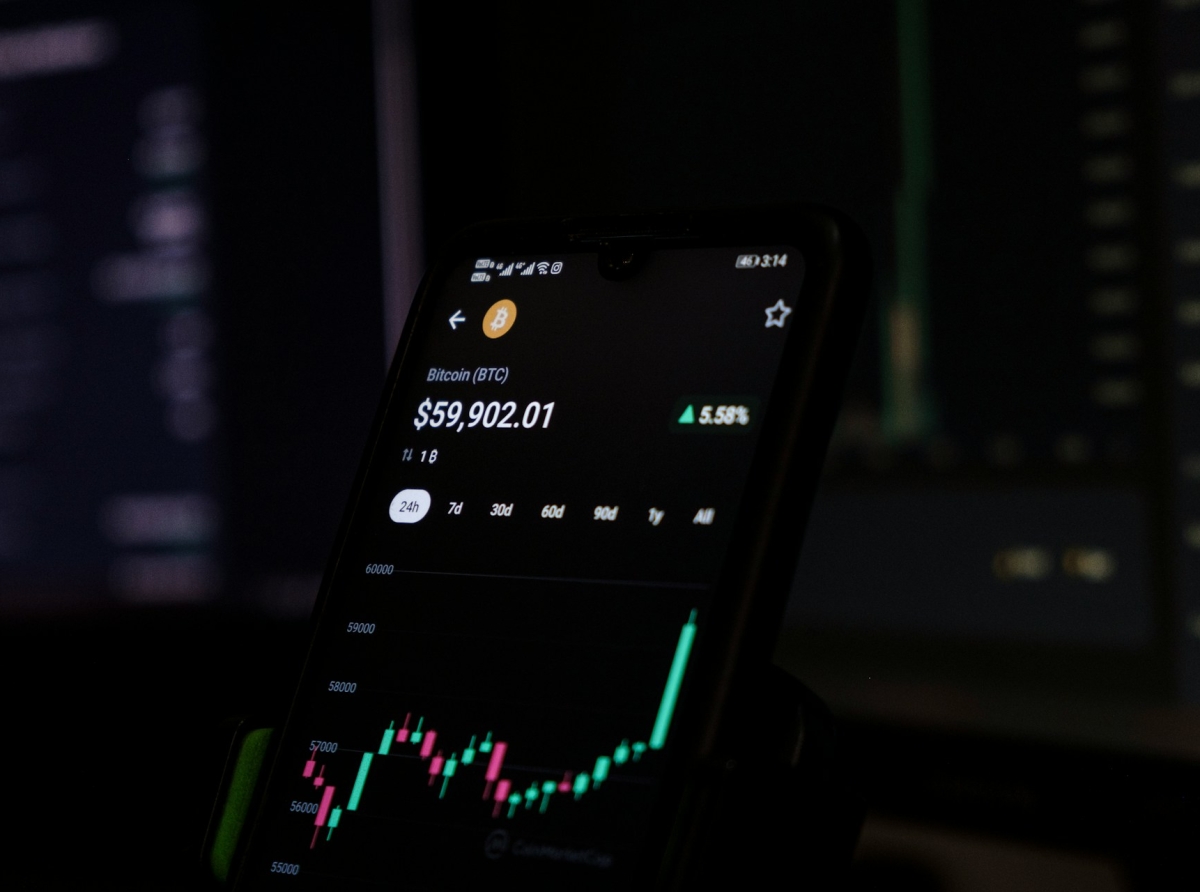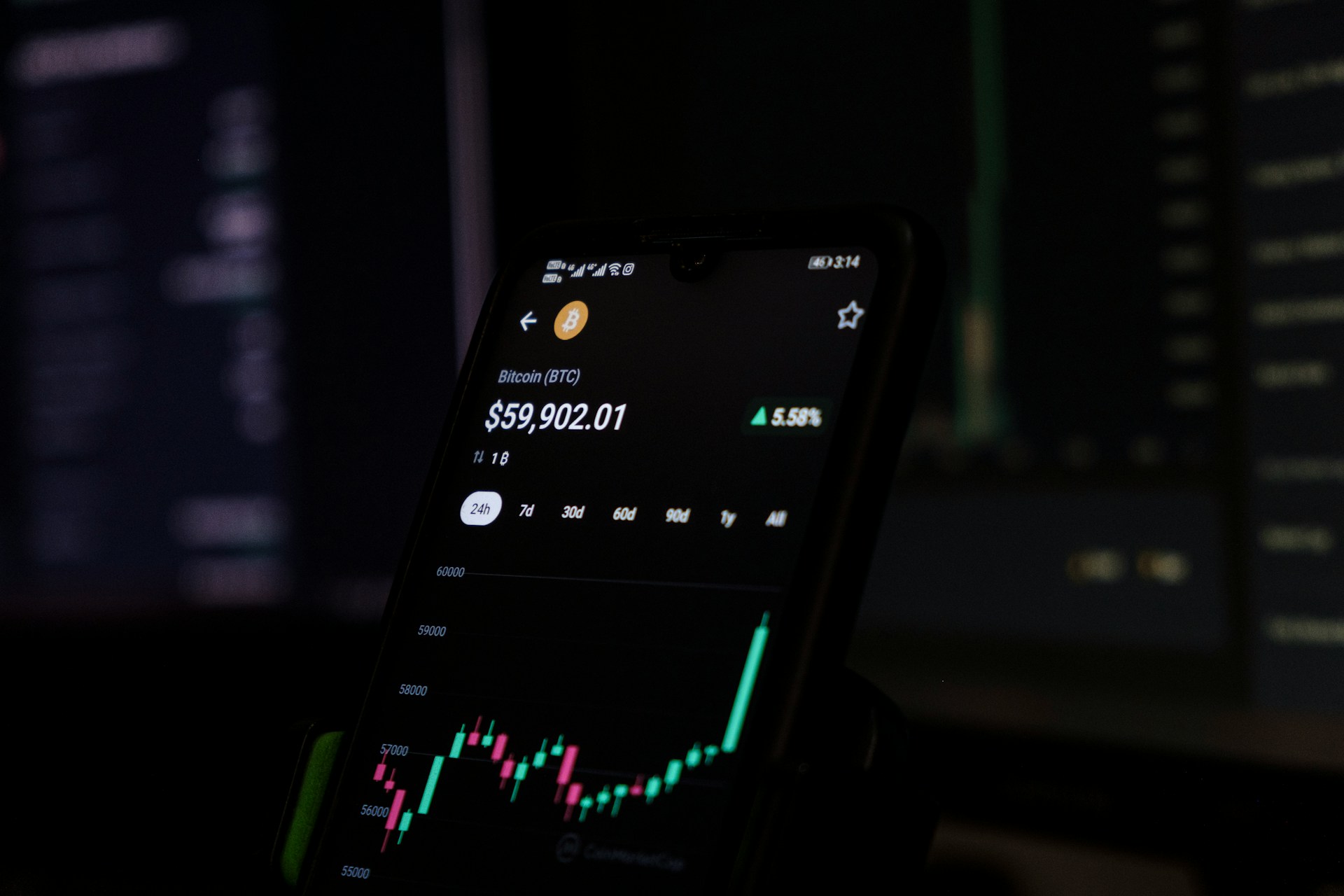Trading on the Stock Exchange: How to Cancel Margin Trading to Reduce Risks

Trading on the Stock Exchange: How to Cancel Margin Trading to Reduce Risks
Margin trading is a powerful tool within the stock exchange markets that allows investors to increase their purchasing power by borrowing money from a broker to buy stocks. This method grants traders the ability to trade larger volumes of stocks than they could with their own capital alone. Essentially, margin trading amplifies the trading results – both gains and losses.
When an investor opts for margin trading, they are required to open a margin account, different from a standard brokerage account. The broker lends funds to purchase securities, and the investor must deposit a percentage of the total order value as margin. This initial investment is known as the “minimum margin.” Once the securities are purchased, they serve as collateral for the loan. The broker also charges interest on the borrowed money, adding another layer to margin transactions.
When an investor opts for margin trading, they are required to open a margin account, different from a standard brokerage account. The broker lends funds to purchase securities, and the investor must deposit a percentage of the total order value as margin. This initial investment is known as the “minimum margin.” Once the securities are purchased, they serve as collateral for the loan. The broker also charges interest on the borrowed money, adding another layer to margin transactions.

Trading on the Stock Exchange: How to Cancel Margin Trading to Reduce Risks
The Risks Associated with Margin Trading
Despite its benefits, margin trading comes with significant risks that traders must carefully consider. Firstly, losses can be amplified. Just as gains can increase due to leveraged positions, so too can losses become more severe if the market moves against your position.Interest costs are another factor that can erode profits. The longer you hold a leveraged position, the more interest you will owe, regardless of how your investments perform.
Perhaps one of the most intimidating aspects of margin trading is the dreaded ‘margin call.’ This occurs when your account value falls below the broker’s required maintenance margin. If this happens, you’ll need to deposit additional funds or sell assets quickly to cover the shortfall, which might not be feasible in certain market conditions.
The Process of Cancelling Margin Trading
Deciding to cancel margin trading involves several steps:Close out leveraged positions: Sell off any securities bought on margin or cover them using other funds.
Repay any outstanding loans: Ensure all debts owed to your broker from borrowing on margin are settled.
Restructure investment strategies: Adapt your existing strategies to accommodate non-leveraged trading methods.
Communicate with your broker: Notify them of your decision and follow their specific process for reverting back to a standard account.
Benefits of Reducing Reliance on Margin Trading
Reducing reliance on margin trading has numerous advantages:Lowered risk exposure: Without leverage inflating potential losses, you safeguard yourself against market downturns and avoidance of debt accumulation through loans.
Elimination of interest costs: By not borrowing funds from a broker, you’re no longer subject to interest charges which can consume profits.
Enhanced financial stability: Using only personal capital limits potential losses strictly to what you’ve invested and encourages disciplined investment choices based on available funds.
Better alignment with long-term investing principles: Shifting focus away from short-term gains achieved through high-risk leverage promotes sustainable growth over time through compound interest and strategic asset allocation.
In conclusion, while cancelling margin trading reduces potential profit margins due solely to volume plays, it introduces a conservative approach that preserves capital and aligns closely with traditional long-term investment philosophies—key components in achieving sustained financial success in stock markets without undue exposure to high-risk scenarios.
Investing #StockMarket #RiskManagement #MarginTrading #FinancialStrategy
Investing #StockMarket #RiskManagement #MarginTrading #FinancialStrategy









Report
My comments